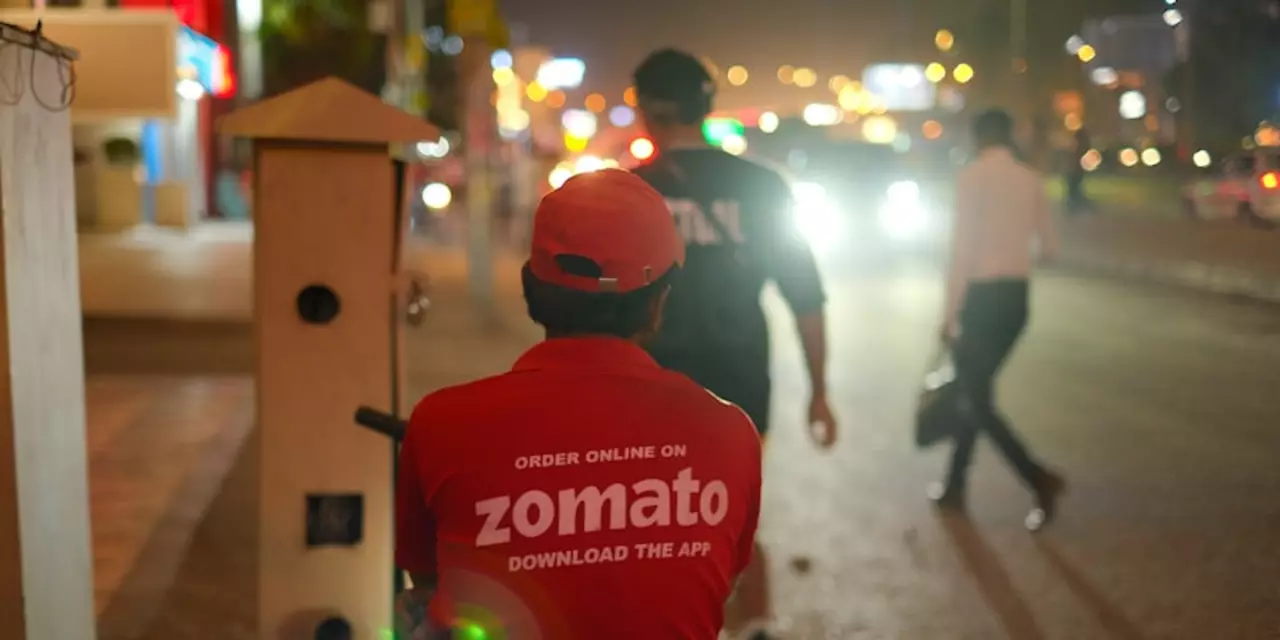Walk past a high-end mall and a few blocks away you'll find people struggling for basics. Why does this happen? A few clear reasons: rapid migration, lack of affordable housing, job losses, poor access to clean water and healthcare, and weak local systems. These causes stack up and make life harder for millions.
Many people move to Delhi chasing work. Without skills or steady jobs they end up in informal settlements. Rent and food take most of their money. When tap water is unsafe or health services are far, families sink deeper into debt. Corruption and poor enforcement make it worse: bribes, unfair policing, and slow delivery of welfare mean help rarely reaches the neediest.
Where you live matters. The same city has wealthy pockets and crowded slums. That gap shows up in schooling, public safety and sanitation. Crime and harassment can rise in neglected areas, while police misconduct and lack of accountability often hurt victims instead of helping them. Poor infrastructure — broken drains, bad roads, contaminated water — makes daily survival a struggle.
What can residents and readers do right now? First, vote with information. Check candidates' records on housing, water, and welfare. Second, support local groups that work on basic needs — food banks, community kitchens, or education centers. Third, use official complaint channels: file FIRs, report water contamination to municipal bodies, and document abuses. Digital platforms and social media can amplify small local problems until authorities act.
If you want practical help on the ground, look for community clinics, legal aid cells, and local NGOs that run skills training programs. Even small actions help: sponsor a child's schooling, volunteer at a shelter, or donate clean water filters. Employers and local businesses can hire from nearby communities and help break the cycle of poverty.
Journalism matters too. Stories that show poor water quality, police mistreatment, or housing failures push officials to act. Read local reporting and share verified stories. Hold officials accountable by naming the specific problems: which neighborhood, what service, and when it failed. Concrete complaints get results faster than broad accusations.
Short-term relief and long-term change both matter. Emergency food, shelter, and medical camps save lives today. Meanwhile, push for affordable housing policies, reliable piped water, better public transport and transparent welfare delivery. Ask your local councillor for progress updates and keep following up.
You can contact Delhi Jal Board for water faults, use your ward office to complain about sanitation, and approach legal aid clinics at nearby law colleges for rights help. Schools and vocational centres run short courses in plumbing, tailoring or retail skills that lead to steady work. Even a few weeks of training often lets someone move from daily labor to a small stable income.
Poverty is a complex problem, but cities change when citizens act. Start small, stay consistent, and keep pressure on systems that should protect everyone. Delhi can be fairer if more people demand clear services, honest policing, and real job opportunities.

Crime rates in Delhi are amongst the highest amongst all major cities in India. In order to reduce crime in Delhi, a multi-pronged approach needs to be adopted. This should involve better policing, tougher laws and better enforcement of existing laws. Additionally, initiatives need to be taken to improve economic and social conditions in the city in order to reduce the incentive to commit crimes. These initiatives should involve improving education, providing better job opportunities and addressing poverty.